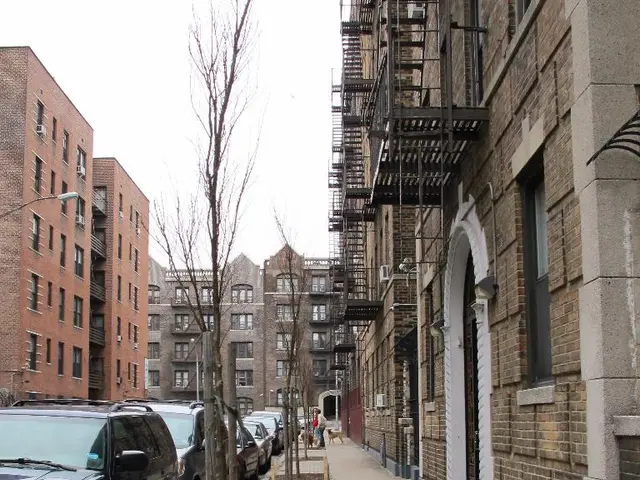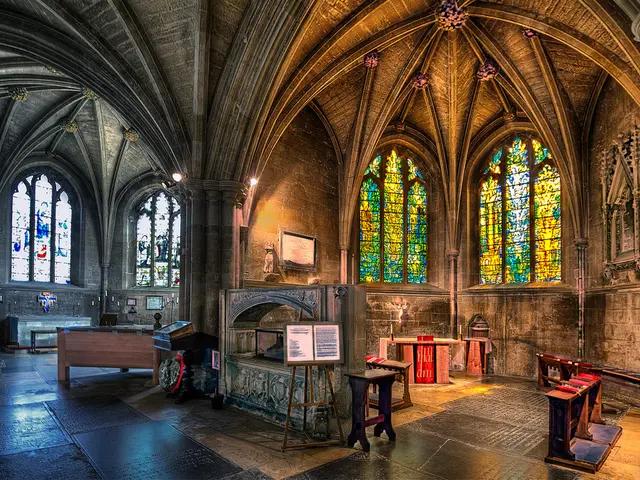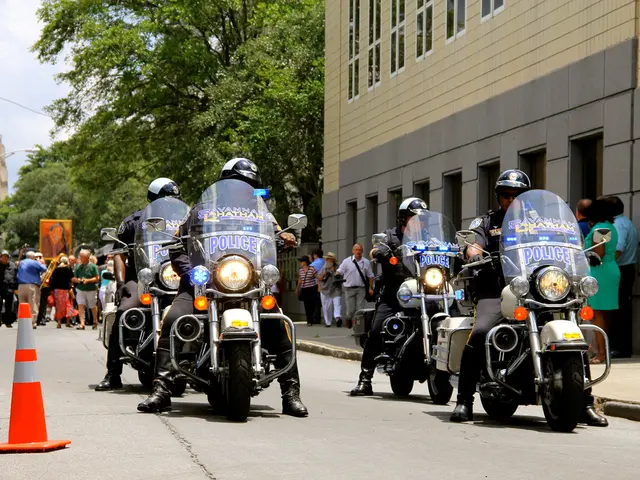How Brandenburg Will Reorganize Refugee Facilities - Berlin and Brandenburg overhaul refugee support with new facilities and policies
Berlin and Brandenburg are bolstering their refugee support infrastructure. New facilities are being established for voluntary returnees, secure residents, high-risk individuals, and those with uncertain residence rights.
The first departure facility for voluntary returnees is set to open in Zossen-Wünsdorf, with a capacity of 250 people. Only those with a secure right to remain will be distributed to local communities.
A deportation detention center in Berlin-Lichtenrade will jointly operate for high-risk individuals and offenders. Meanwhile, a long-planned entry and exit center for refugees at Berlin Brandenburg Airport will be a joint operation by Berlin, Brandenburg, and the federal government.
Brandenburg is restructuring its refugee facilities using the new State Reception Act. Initial reception centers will have a maximum stay of up to two years for individuals, excluding families with children. Transitional facilities, like the one planned in Brandenburg, will house refugees with uncertain right to stay, promoting integration through language courses and vocational training. The transitional facility in Frankfurt (Oder) will have around 400 spaces and will no longer be part of the initial reception system.
These new facilities and restructuring efforts aim to provide better support and integration for refugees in Berlin and Brandenburg. They cater to various needs, from voluntary returnees to those with uncertain residence rights, ensuring a more organized and efficient system.
Read also:
- American teenagers taking up farming roles previously filled by immigrants, a concept revisited from 1965's labor market shift.
- Weekly affairs in the German Federal Parliament (Bundestag)
- Landslide claims seven lives, injures six individuals while they work to restore a water channel in the northern region of Pakistan
- Escalating conflict in Sudan has prompted the United Nations to announce a critical gender crisis, highlighting the disproportionate impact of the ongoing violence on women and girls.







